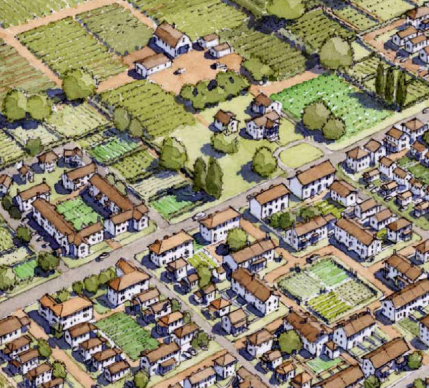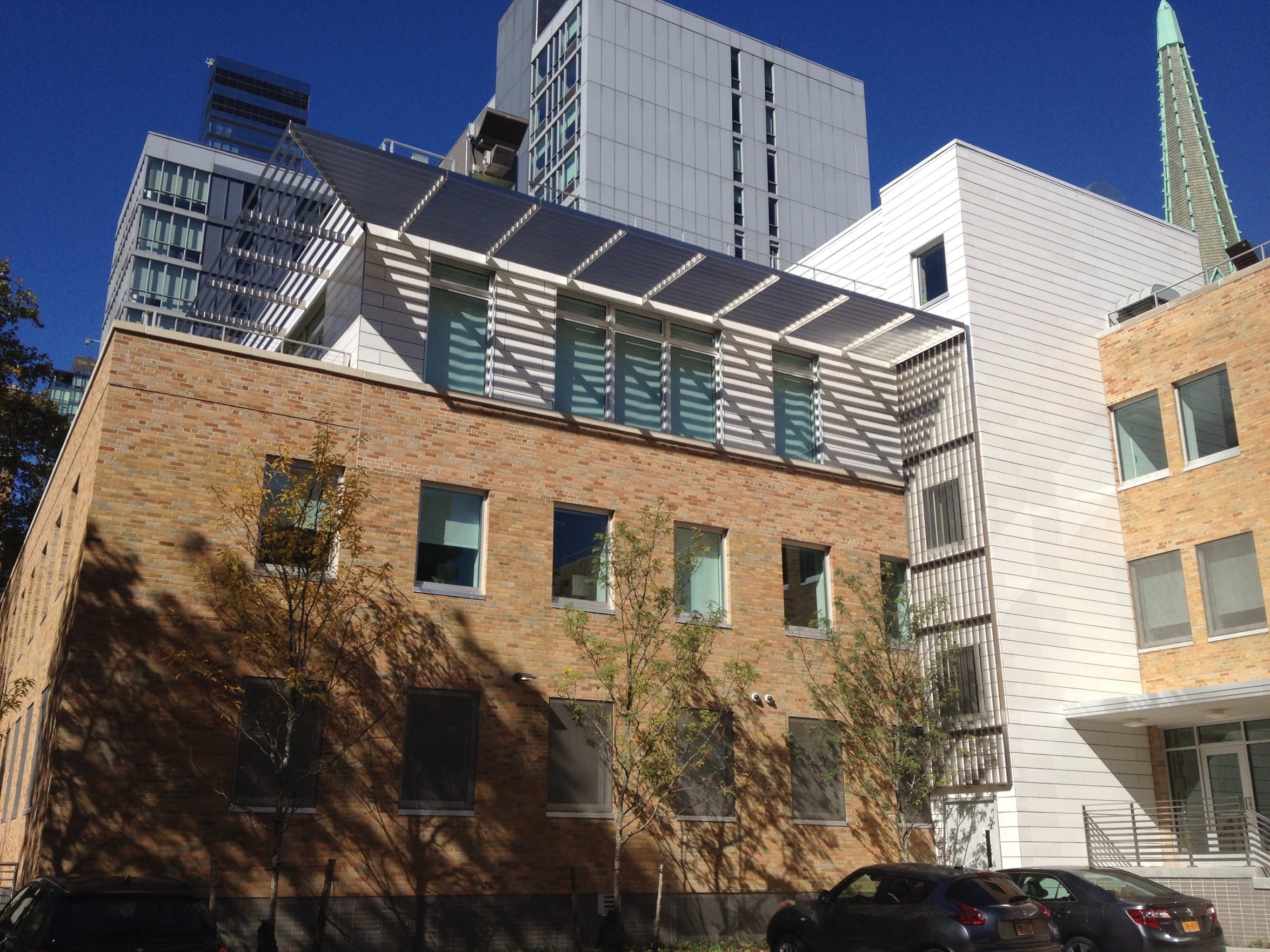· 3 min read
Congress for the New Urbanism
The 18th annual Congress for the New Urbanism held on May 19-22 in Atlanta, USA.

After the european Charte d’Athènes in 1933, the New Urbanism, an urban design movement, arose in the United States in the early 1980s. Coping with different urban design issues responsible of economic, environmental, social and health costs, the movement has a political influence which led to real projects.
The organizing body for New Urbanism is the Congress for the New Urbanism, founded by Andrés Duany in 1993. Its foundational text is the Charter of the New Urbanism which says: We advocate the restructuring of public policy and development practices to support the following principles: neighborhoods should be diverse in use and population; communities should be designed for the pedestrian and transit as well as the car; cities and towns should be shaped by physically defined and universally accessible public spaces and community institutions; urban places should be framed by architecture and landscape design that celebrate local history, climate, ecology, and building practice.
The 18th edition held last week in Atlanta, USA.
 Greg Lindsay from Fast Company, attended the venue and reports that thirty years after Duany first formulated their basic principles, [the New Urbanists] have far outgrown their image as the advocates of quaint cottages (see: Seaside, Florida, Celebration, Florida) and are really in the business of finding spatial fixes to social challenges, whether public health, water scarcity, affording housing, disaster relief, or the future of good. What they can’t agree on is the scope of the problem — should they be making the best of suburban America’s bad situation, or building lifeboats for the end of the world? Nowhere was this cognitive dissonance more apparent than in the session introducing what Duany might as well call the the New New Urbanism: agrarian urbanism.
Greg Lindsay from Fast Company, attended the venue and reports that thirty years after Duany first formulated their basic principles, [the New Urbanists] have far outgrown their image as the advocates of quaint cottages (see: Seaside, Florida, Celebration, Florida) and are really in the business of finding spatial fixes to social challenges, whether public health, water scarcity, affording housing, disaster relief, or the future of good. What they can’t agree on is the scope of the problem — should they be making the best of suburban America’s bad situation, or building lifeboats for the end of the world? Nowhere was this cognitive dissonance more apparent than in the session introducing what Duany might as well call the the New New Urbanism: agrarian urbanism.
Agrarian urbanism, he explained, is different from both “urban agriculture” (“cities that are retrofitted to grow food”) and “agricultural urbanism” (“when an intentional community is built that is associated with a farm).” He was thinking bigger: “Agrarian urbanism is a society involved with the growing of food.”
The writer James Howard Kunstler (see his Clusterfuck nation blog) was there too and lies down a noticeable truth: The basic idea behind the New Urbanism was that the quality and character of the places where we spend our lives matters, and that the surrender of the entire American landscape to Happy Motoring was an historic aberration that had to be corrected if the USA was going to continue as a viable project. Among other things, they noticed that if people live in places that aren’t worth caring about, sooner or later they end up being a nation not worth defending — and this is on top of the daily personal punishments suffered by hundreds of millions of people dwelling in a geography of nowhere. […] Among other things, the most forward-looking leaders in the New Urbanist movement now recognize that we have to reorganize the landscape for local food production, because industrial agriculture will be one of the prime victims of our oil predicament. The successful places in the future will be places that have a meaningful relationship with growing food close to home. The crisis in agriculture is looming right now — with world grain reserves at their lowest level ever recorded in modern times — and when it really does hit, the harvestmen of famine and death will be in the front ranks of it.
See more on newurbanism.com and cnu.org.


